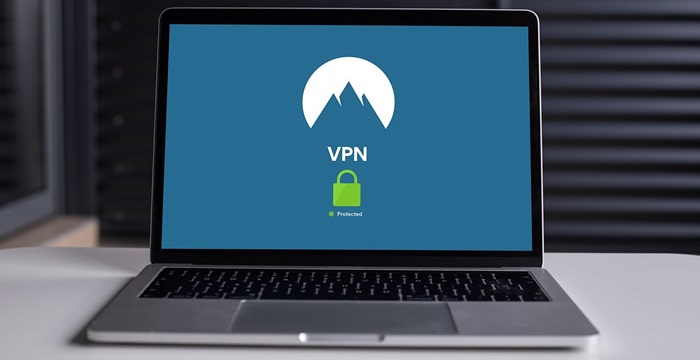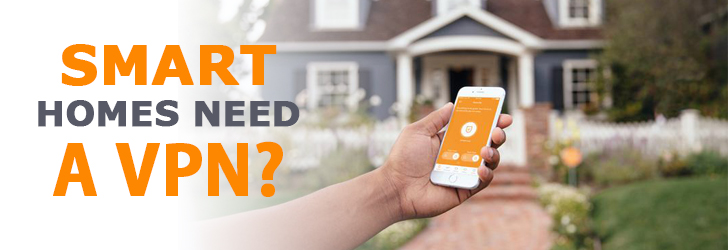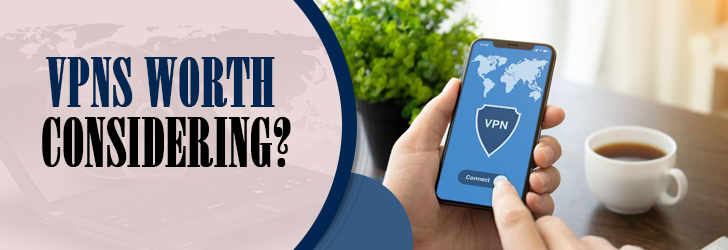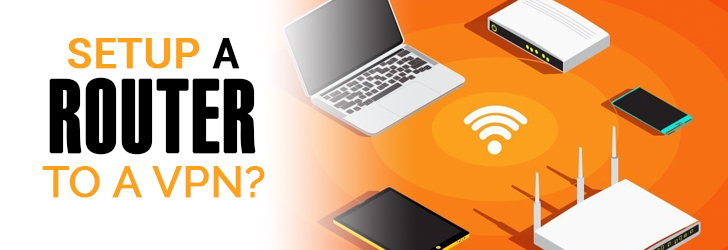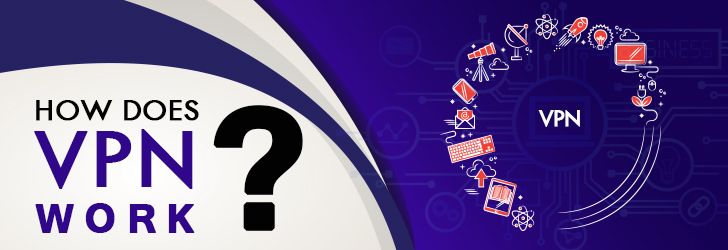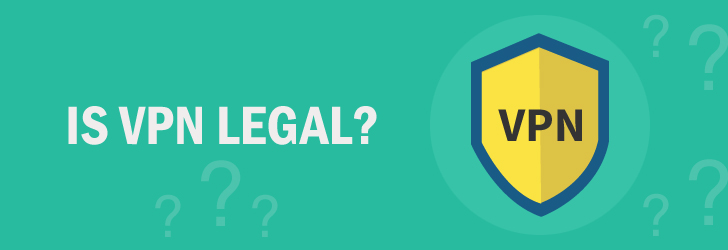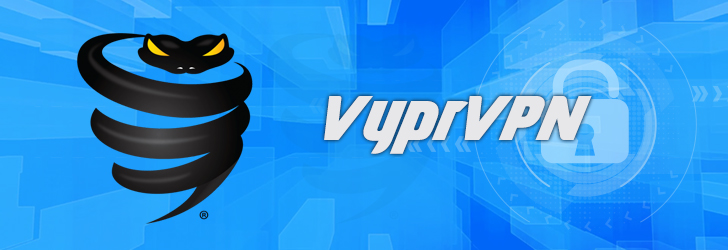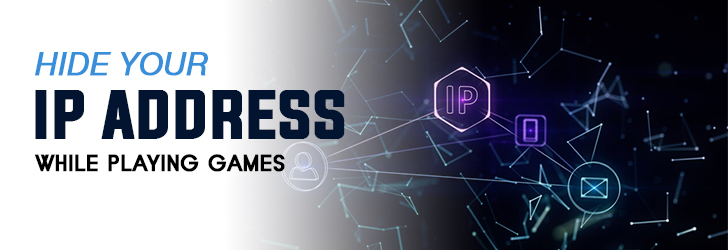
Today while playing games online, some might consider hiding your IP Address for some reason and question if it is even possible. The short answer is yes, it is possible but it comes with quite a few caveats. This is because typically; when playing a game online, you care very much about response time and how quickly your machine and the Internet can send the game server data and receive it. This aspect of online gaming is referred to as latency or lag. While the latency on a game can never go below a certain point as a person's physical location and distance away affects this, adding layered overhead processes between the player sending data and receiving data from the server can negatively affect this. And as it so happens, all the methods in which one can use to hide their IP Address would generate some overhead and negatively affect this; some more so than others. When players have bad latency or lag while playing only games, the experience they get while playing the game deteriorates exponentially and can quite often cause them to be unable to play the game altogether.


